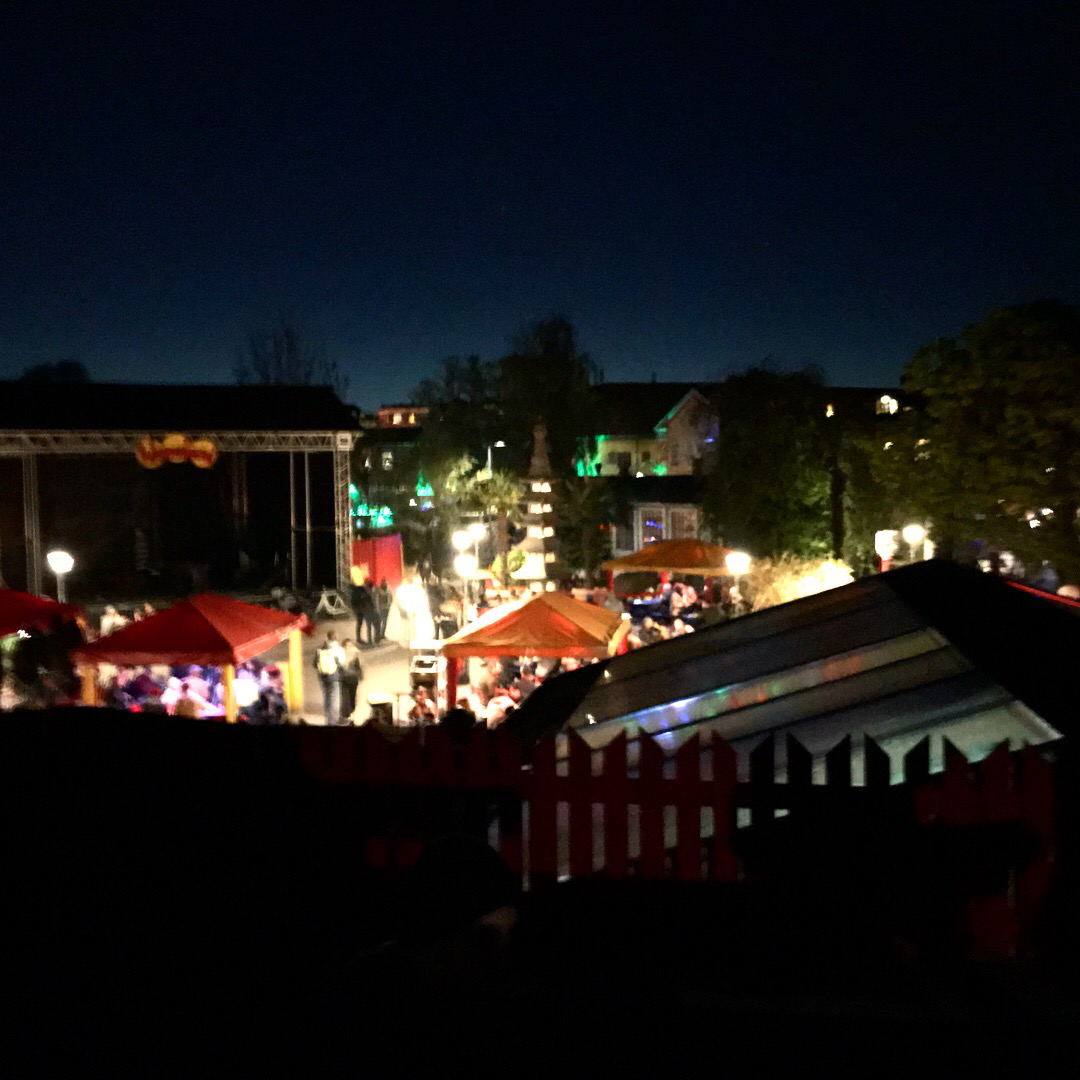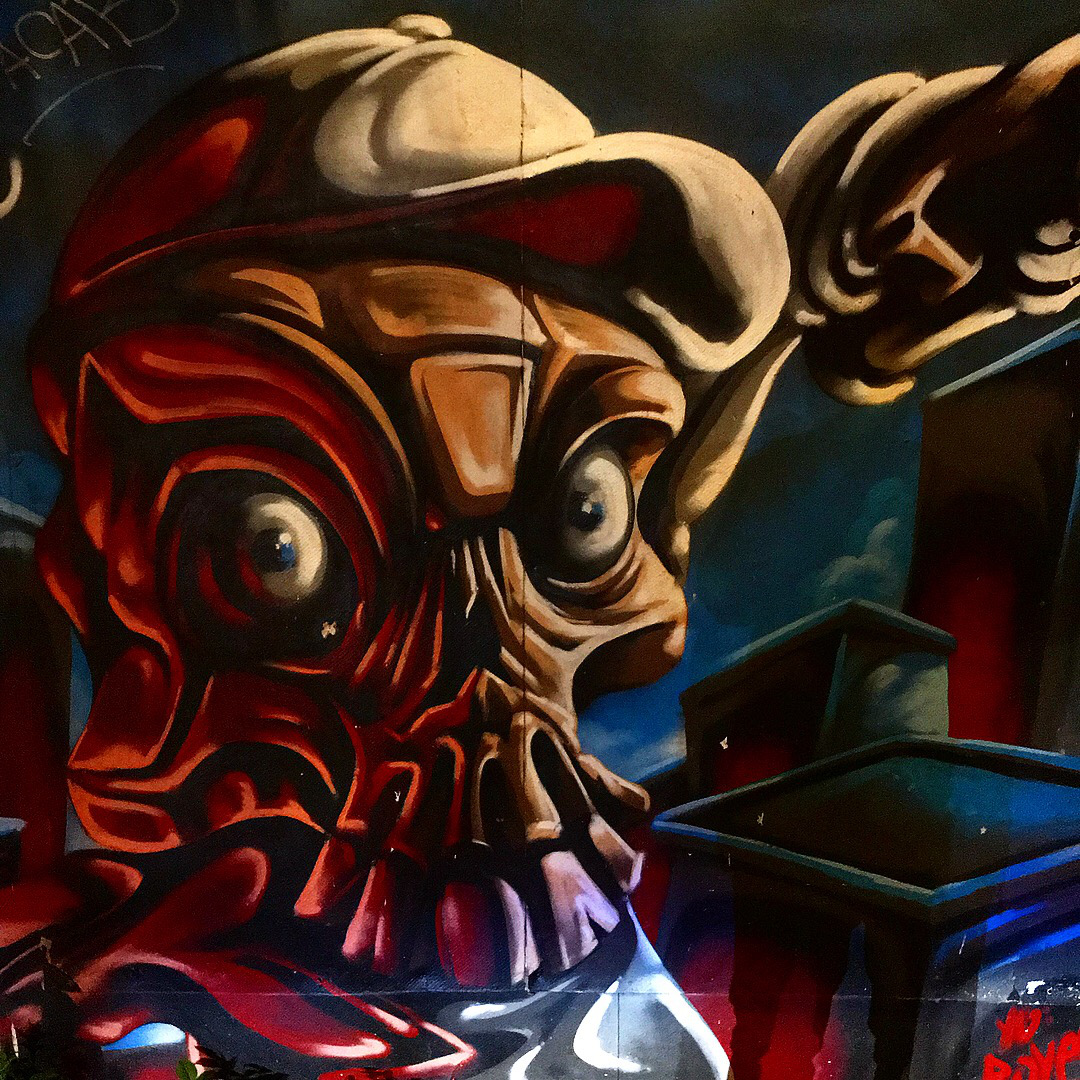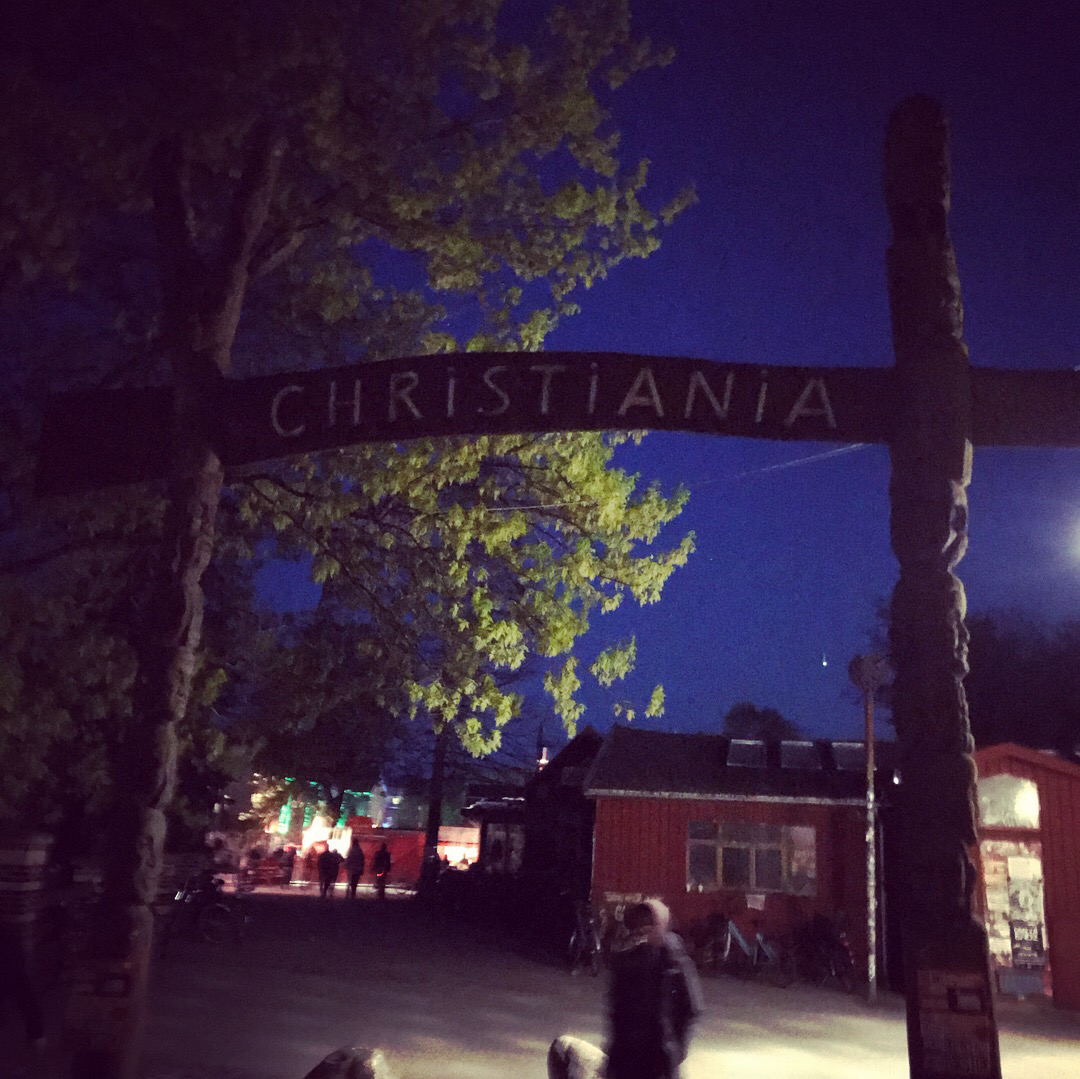When Telemachus sets off to learn what happened to his father Odysseus, he stops by a series of stately estates of powerful families, families who owned the land around them. These were the days, back even before the Greek dark ages, when the Mycenean Elite spread across the Mediterranean family-by-family.
For Odysseus, these landlords were of two varieties: one welcomed strangers into their homes; and the other did not. That latter group were but “lawless aggressors,” wrote Emily Wilson in the introduction to her translation of The Odyssey.
The logic went like this: If an inhabitant invited a fellow lord in, then they certainly must be a law-abiding citizen. This custom of welcoming strangers into your home really was not that unusual when you consider that this was the time before the rise of lodges, and travelers routinely sought shelter on long journeys.
But these visits were unique in that they bred a kind of “guest-friendship” or “xenia,” Wilson noted. Xenia is the bonds of trust strangers who are geographically distant have with one another, especially those of the ruling class. Xenia is less about friendship and more about networking. The Gods dug Xenia. One of the duties of Zeus himself was to be the God of Strangers ("Xenios")

With Xenia, unrelated elite families could keep truces, without warring with one another. It also allowed people to broaden their diversity base, so to speak, by meeting those outside their social circles. Such people were xenia-philes (xenophiles), those who enjoy making connections with others, even (or especially) if the strangers they meet may initially appear frightening or even monstrous.
There was a protocol at work within the visits witnessed in Odysseus’ journey: upon arrival, the guest is washed up and settled in comfortably, given a great feast to drink and eat to their fill! After, and only after, they shared their tale with the host. The visitor is then given lodging for the night and is provided gifts for the journey onward.

“When xenia is absent or is abused, violence follows,” Wilson wrote. A group of bandits could ransack a castle under the guise of liberating it from reluctant xenia-phobes (aka xenophobes). Odysseus had actually made a name for himself ransacking distant communities, most notably Troy. He had a complicated relationship indeed with xenia,fer sure.
"The Cyclopes would have good reason to be suspicious of these visitors, who have looted and slaughtered the inhabitants of the previous island that they visited,” Wilson wrote.
Homer's "The Odyssey" tracks roughly with the flourishing of the neolithic era, about the 8th century B.C., when people found stability with the discipline of agriculture and the long-term storage of its fruits (clay pots etc). This was certainly the time when successful crops and abundance overall were celebrated. "The gardens of the community are not merely a means to food; they are a source of pride and the main object of collective ambition," anthropologist Bronislaw Malinowski wrote this time.
This era would not last, the informal collective of land owners known to Telemachus would be replaced in the centuries to come with more centralized governmental structures aimed to amass power, just as the old Gods numbering many were replaced by a single diety to understand all.
Photos: Pictures taken around Freetown Christiania, a self-proclaimed independent nation, free from Danish law, located on an island in Copenhagen,Denmark.
